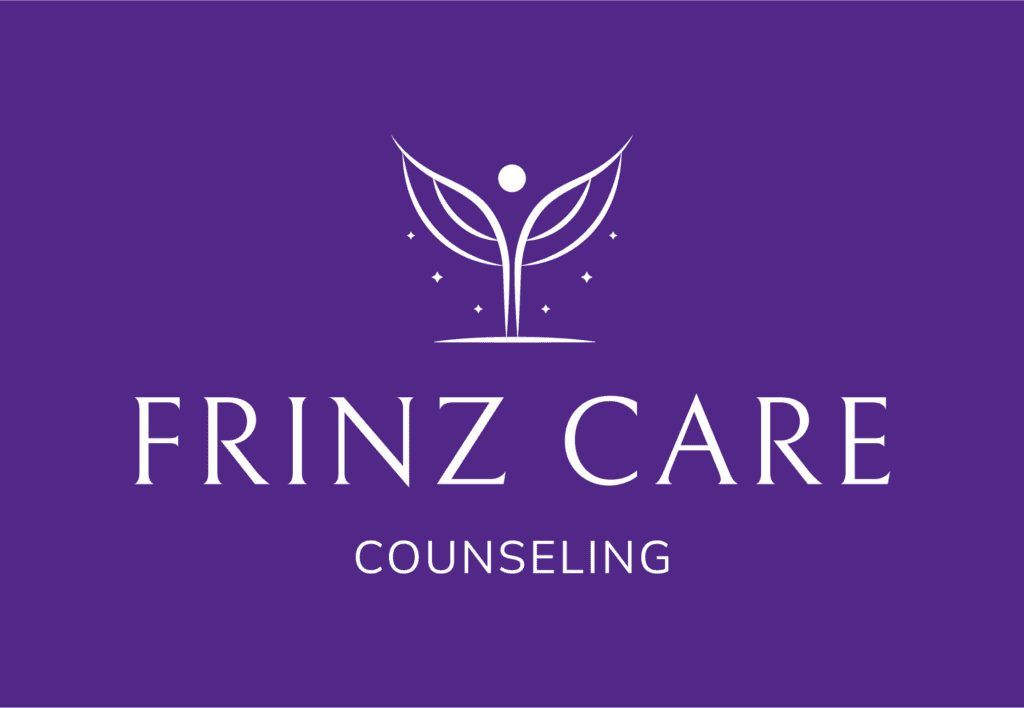In a world where conversations about mental health are slowly becoming more commonplace, the role of mental health counseling remains a powerful yet often misunderstood tool in the journey towards emotional well-being. Despite its proven effectiveness, stigma and misconceptions still surround the practice of seeking professional help for mental health concerns. However, breaking through these barriers can lead to profound transformations in individuals’ lives. In this article, we delve into the pivotal role of mental health counseling, exploring its impact on individuals, families, and communities. From providing a safe space for expression to offering evidence-based techniques for coping and healing, mental health counseling stands as a beacon of hope for those navigating the complexities of their inner worlds. Join us as we uncover the power of seeking support, breaking down stereotypes, and embracing the journey towards mental wellness.
Overcoming Barriers: How Mental Health Counseling Breaks the Stigma
Despite increasing awareness of mental health issues, stigma remains a significant barrier that prevents many individuals from seeking the help they need. Mental health counseling plays a pivotal role in breaking down these barriers by challenging stereotypes, providing support, and promoting understanding. In this article, we explore how counseling helps overcome stigma and encourages individuals to prioritize their mental well-being.
Challenging Stereotypes and Misconceptions
Mental health counseling plays a vital role in challenging stereotypes and dispelling misconceptions surrounding mental illness. Counselors provide psychoeducation to clients and the community, helping to increase awareness, understanding, and empathy towards mental health issues. By promoting accurate information and challenging stigma at its root, counseling fosters a culture of acceptance, compassion, and inclusivity.
Creating Safe and Non-Judgmental Spaces
One of the most significant barriers to seeking help is the fear of judgment and rejection. Mental health counseling offers individuals a safe and confidential space to explore their thoughts, feelings, and experiences without fear of stigma or discrimination. Counselors create a non-judgmental environment where clients can share openly, knowing that they will be met with empathy, respect, and validation.
Promoting Self-Acceptance and Empowerment
Stigma often leads to self-doubt, shame, and feelings of inadequacy. Mental health counseling helps individuals challenge self-stigma by promoting self-acceptance, self-compassion, and self-empowerment. Through therapy, clients learn to challenge negative self-talk, develop a more compassionate inner dialogue, and cultivate a sense of resilience and self-worth. By recognizing their inherent value and strengths, individuals can break free from the shackles of stigma and embrace their journey towards healing.
Fostering Community Support and Advocacy
Breaking down stigma requires collective effort and community support. Mental health counseling promotes advocacy, awareness campaigns, and community engagement initiatives aimed at challenging stigma and promoting mental health literacy. Counselors collaborate with clients, families, and community organizations to create supportive networks, challenge discriminatory practices, and advocate for policies that promote mental well-being.
Encouraging Help-Seeking Behavior
Perhaps the most significant impact of mental health counseling in breaking down stigma is its role in encouraging help-seeking behavior. By providing accessible, culturally competent, and stigma-free services, counseling reduces the barriers to seeking help and encourages individuals to prioritize their mental health. Through outreach programs, education initiatives, and destigmatizing messaging, counseling promotes a culture where seeking help for mental health concerns is seen as a sign of strength, not weakness.
Empowerment Through Counseling: Taking Control of Your Mental Well-Being
In a world where stress, anxiety, and mental health challenges are increasingly prevalent, the concept of empowerment through counseling has gained significant recognition. Mental health counseling offers individuals the opportunity to take control of their mental well-being, empowering them to overcome obstacles, build resilience, and lead fulfilling lives. In this article, we delve into the transformative power of counseling and how it empowers individuals to navigate life’s challenges with strength and resilience.
Taking Ownership of Your Mental Health
Central to empowerment through counseling is the idea of taking ownership of one’s mental health. Rather than feeling helpless or victimized by circumstances, individuals are encouraged to recognize their inherent capacity for growth and resilience. Through counseling, clients learn to identify and challenge negative thought patterns, develop effective coping strategies, and cultivate a sense of self-compassion and self-care.
Building Self-Awareness and Insight
Empowerment begins with self-awareness. Through counseling, individuals gain deeper insight into their thoughts, emotions, and behaviors, uncovering underlying patterns and motivations that may be contributing to their distress. This heightened self-awareness allows clients to recognize their strengths and limitations, enabling them to make positive changes and live authentically.
Developing Coping Skills and Resilience
One of the primary goals of counseling is to equip individuals with the tools and skills needed to cope effectively with life’s challenges. Whether it’s managing stress, navigating relationship conflicts, or coping with trauma, counseling provides practical strategies for building resilience and emotional well-being. By learning to regulate emotions, set boundaries, and seek support, clients can face adversity with courage and resilience.
Setting Goals and Taking Action
Empowerment through counseling involves setting meaningful goals and taking action towards achieving them. Counselors work collaboratively with clients to identify their values, aspirations, and areas for growth, guiding them in developing actionable steps towards their goals. Whether it’s improving communication skills, pursuing career aspirations, or enhancing self-care practices, counseling empowers individuals to take concrete steps towards creating the life they desire.
Cultivating a Supportive Network
Empowerment is not a solitary journey; it thrives within a supportive community. Counseling provides individuals with a safe and non-judgmental space to explore their experiences and seek support from others. Whether it’s through group therapy, family counseling, or connecting with peers, clients are encouraged to cultivate meaningful connections and build a supportive network that reinforces their sense of empowerment.
Exploring the Benefits of Mental Health Counseling
Mental health counseling offers a lifeline for those grappling with emotional challenges, providing a safe space to navigate complex feelings and experiences. Let’s delve into the transformative benefits it offers individuals seeking support and healing.
- Emotional Support: Mental health counseling provides a non-judgmental environment where individuals can express their emotions freely, fostering a sense of validation and understanding.
- Coping Strategies: Counselors equip individuals with practical tools and coping mechanisms to manage stress, anxiety, depression, and other mental health issues effectively.
- Self-Exploration: Through introspective dialogue and guided reflection, counseling encourages individuals to explore their thoughts, feelings, and behaviors, facilitating personal growth and self-awareness.
- Improved Relationships: Counseling helps individuals navigate relationship challenges by enhancing communication skills, fostering empathy, and promoting healthier boundaries.
In essence, mental health counseling serves as a beacon of hope, guiding individuals toward emotional resilience, self-discovery, and a renewed sense of purpose.
Conclusion
Frinz Care, we are dedicated to breaking the stigma surrounding mental health by providing compassionate counseling services in Austin, Texas. Through our commitment to understanding, support, and empowerment, we believe in the transformative power of mental health counseling. By fostering a safe and inclusive environment, we enable individuals to confront challenges, embrace personal growth, and live more fulfilling lives. Together, we can dismantle barriers, promote well-being, and create a community where seeking mental health support is celebrated as a courageous step towards self-care and resilience.


